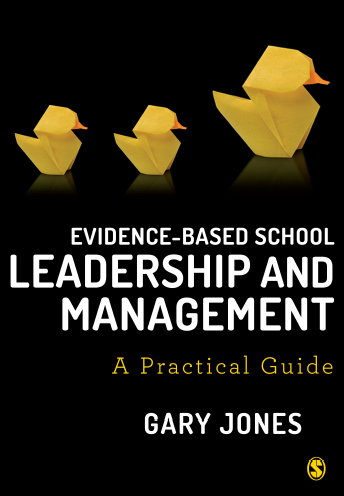Attending conferences and critically
appraising what you hear, see and read is on its own not enough to make better
decisions about teaching, learning and the leadership and management of
schools.
What you see and hear needs to
be linked to your own expertise, but also the context your school and the needs
and preferences of pupils, teacher, parents, governing bodies and other
stakeholders.
Drawing upon the work of
Jenicek, Croskerry, et al. (2011) in health-care I am going to
adopt their argument, that critical thinking and decision-making can be seen as the means
for making that link.
Critical thinking
Jenicek et al use a definition of critical thinking which was
developed by a range of experts in critical thinking from a number of subject,
fields and disciplines and which states that it should be defined as “purposeful self-regulatory judgment which
results in interpretation, analysis, evaluation and inferences, as well as the
explanation of the evidential, conceptual, methodological, criteriological, or
contextual considerations upon which that judgment is based.’ (p 12-14).
However, Jenicek at al argue that what’s even more useful
than a definition of critical thinking are the skills and abilities which
underpin critical thinking in practice.
Table 1 provides a list of the specific abilities underlying critical
thinking in medical practice, which should be equally applicable to schools and
other educational settings
Table 1 Specific abilities underlying critical thinking in
medical practice
|
- Understand the principles of argumentation
- Knowing and understandings dual Systems 1 and System 2
thinking processes and their interactions
- Awareness and understanding of evolutionary influences on decision-making
- Recognizing distracting stimuli, propaganda, bias and
irrelevance
- Identifying, analysing, and challenging assumptions in
arguments
- Awareness and understandings of the impact of the cognitive
fallacies and poor reasoning
- Awareness and understanding of the major impact of the
cognitive and affective biases on thinking
- Recognizing deception, deliberate or otherwise
- Capacity for assessing credibility of information
- Understanding the needs for monitoring and control of one’s
own thought processes
- Understanding the importance of monitoring and control of
one’s own affective states
- Awareness of the critical impact of fatigue and sleep
deprivation on decision-makings
- Imagining and exploring alternatives
- Capacity for effectively thinking through problems
- Understanding the importance of the context in which
decisions are made
- Systematic and effective decision-making
- Understanding the dynamics and properties of individual vs
group decision-making
- Capacity for anticipating the consequences of decisions
|
Jenicek et al p14
What are the
implications of this model of critical thinking for teachers, school research
champions, and senior school leaders?
First, it would be wrong to assume that all staff have the same
level of critical thinking skills. Both new and existing educators will need to
be trained in critical thinking – so as to help them become more able in integrating
different sources of evidence into a coherent decision and plan of action.
Second, teachers, school research champions and senior
school leaders may wish to engage in some form of reflection about their
current level of expertise in critical thinking. A couple of useful places to start would be
to ask yourself – what do I know about both argumentation and the ladder of
inference? If the answer is nothing,
then exploring both these concepts will all likelihood be rewarded with
improved critical thinking and decision-making.
Third, the opportunities for developing critical thinking
can be easily found throughout, the school day, week or year. School leaders can use conversations in staff
rooms to help understanding the underlying principles of both their own and
other peoples’ perspectives.
Departmental meetings may be used to challenge the assumptions of how
certain subjects and topics are taught. Journal
clubs may provide opportunities for developing critical thinking, although it should
be emphasised that critical thinking is not limited to critically appraising
research
Four, new interventions and existing programmes should be
subject to critical review to help understand whether there are cognitive
biases or affective states which have had an inadvertent negative impact on
decisions and associated outcomes.
And finally
Future posts will explore in more detail the principles of
argumentation and in doing so will be looking at the Toulmin model of arguments
and will look at the work of Kvernbekk (2013, Kvernbekk (2016) in how this model can be
applied in educational contexts.
References
Jenicek, M., Croskerry, P. and Hitchcock, D. L.
(2011). Evidence and Its Uses in Health
Care and Research: The Role of Critical Thinking. Medical science monitor:
international medical journal of experimental and clinical research. 17. 1.
RA12.
Kvernbekk,
T. (2013). Evidence-Based Practice: On
the Function of Evidence in Practical Reasoning. Studier i Pædagogisk
Filosofi. 2. 2. 19-33.
Kvernbekk,
T. (2016). Evidence-Based Practice in
Education: Functions of Evidence and Causal Presuppositions. London.
Routledge.


